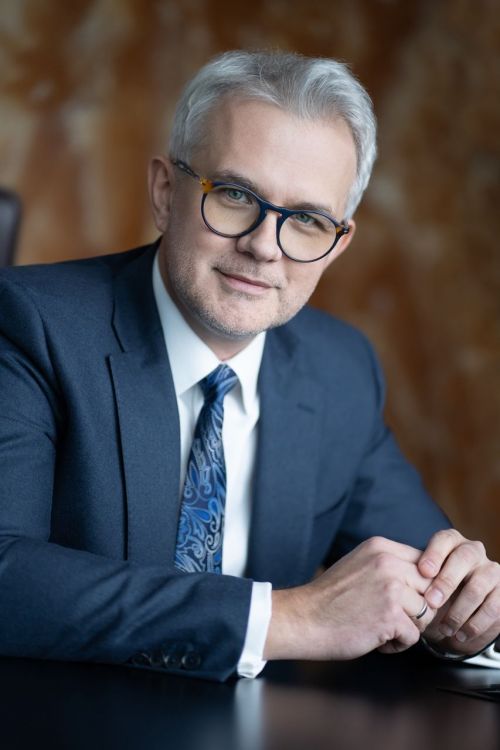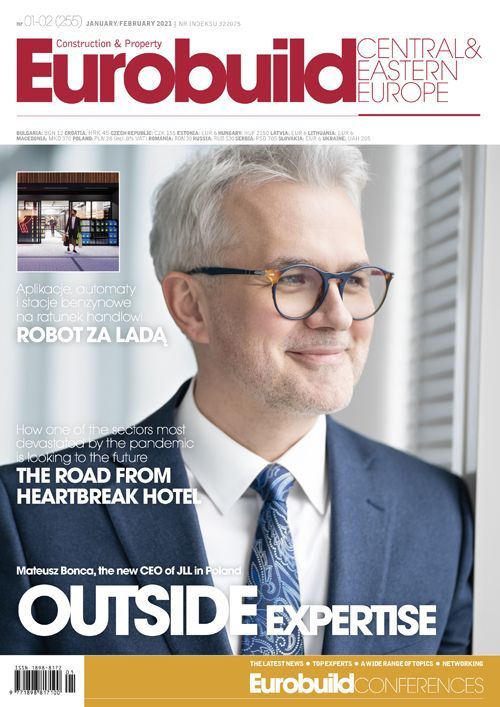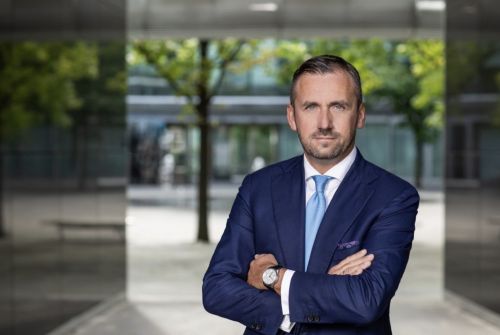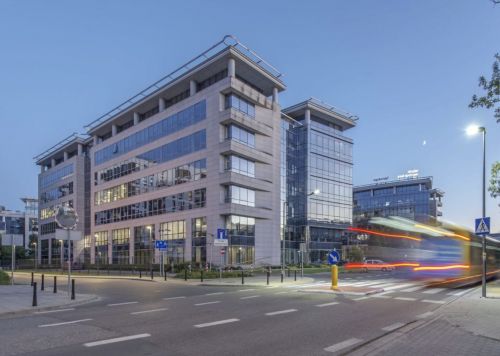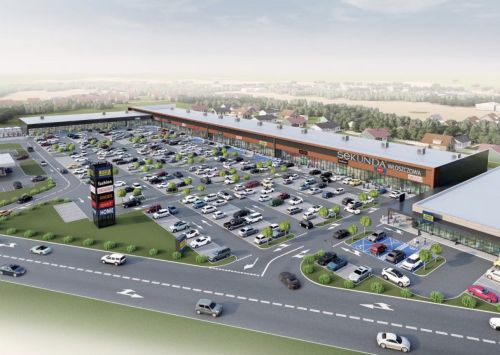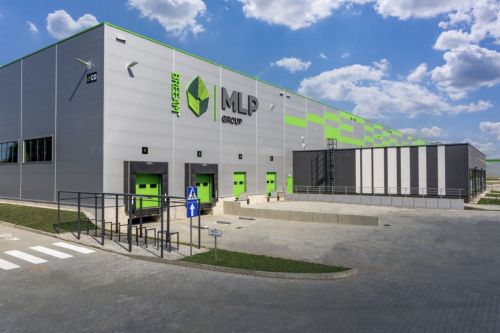Nathan North, ‘Eurobuild CEE’: You are the first head of JLL in Poland to come from outside the real estate sector. Do you think your previous experience brings something new to the position?
Mateusz Bonca, the new CEO of JLL in Poland: My experience comes from my previous work in strategic and financial consulting, at such companies as McKinsey & Company, Deloitte, Deutsche Bank and Lotos, with some additional projects in between, in the Middle East, Africa and the US, as well as here in Poland. This brought me into contact with quite a wide range of industries, including the banking, logistics and energy sectors. In real estate consulting, the services differ, but the method of operating and the partners you make remain the same – it’s all about businesses supporting each other. Banking and financial advisory is very similar to real estate consulting, it’s just that they are focused on a broader range of asset classes. When I was working in those in
